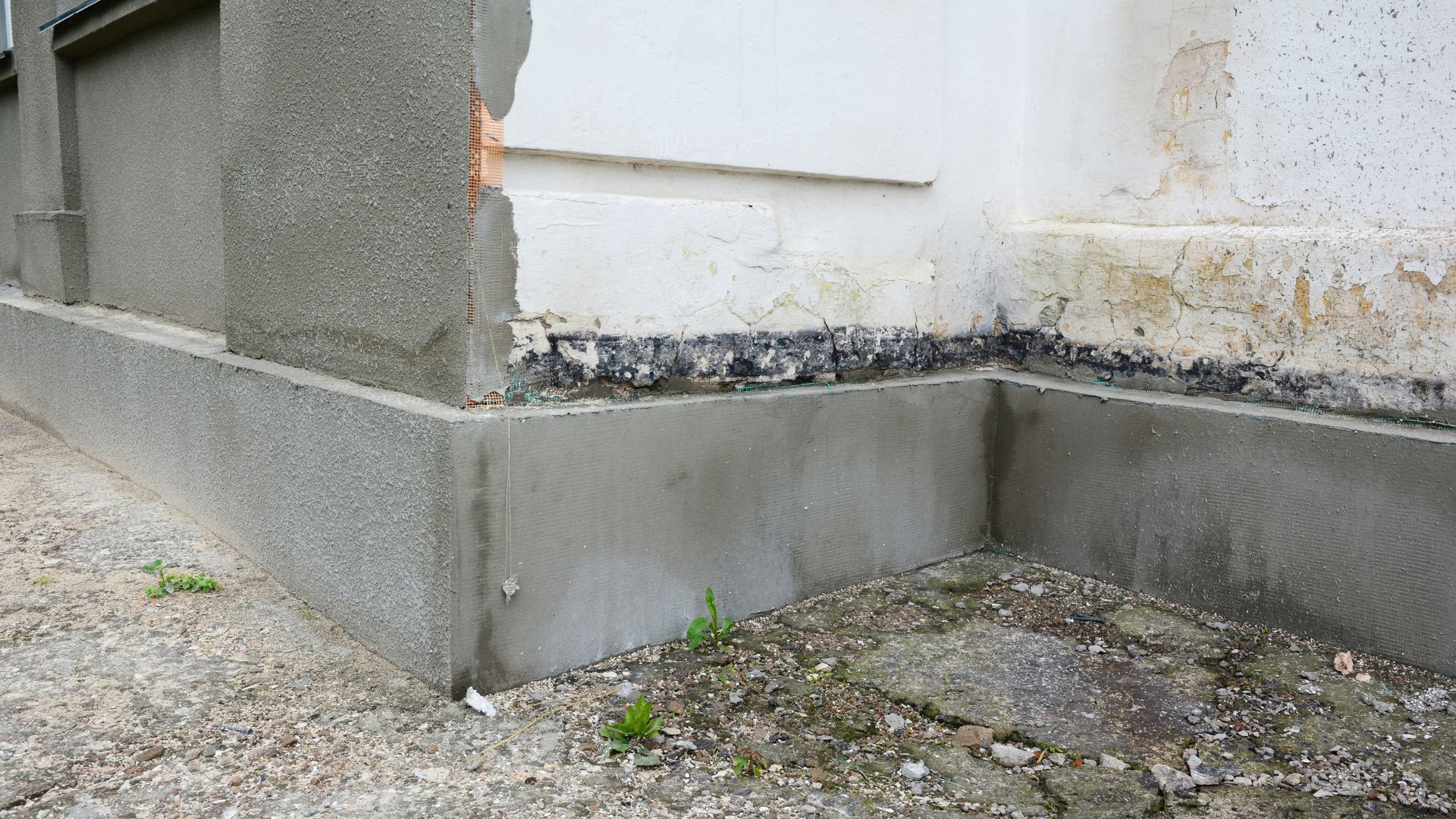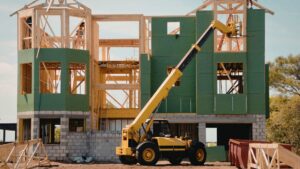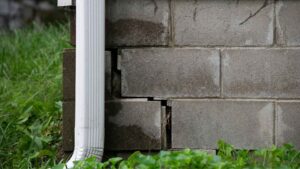Your home’s foundation is its structural backbone, providing stability and support. Over time, however, foundation cracks can develop, leading to potential structural issues. Some cracks are minor and cosmetic, while others indicate serious underlying problems that require immediate attention. Understanding the common causes of foundation cracks and knowing how to address them can help protect your home from further damage.
Common Causes of Foundation Cracks
1. Soil Movement and Settlement
One of the most common reasons for foundation cracks is the natural settling of the home over time. As the soil beneath the foundation compresses or shifts, small cracks may appear. While minor settlement is normal, excessive movement can lead to serious structural concerns, including deep, widening cracks.
2. Expansive Soil
Some types of soil, such as clay, expand when wet and contract when dry. This repeated swelling and shrinking create pressure on the foundation, leading to cracks. Homes built on expansive soil are especially vulnerable to foundation movement, making soil stabilization an essential preventive measure.
3. Poor Drainage and Water Damage
Excess moisture around the foundation can lead to serious problems. Poor drainage, clogged gutters, or improper grading can cause water to pool near the foundation, weakening the concrete and causing cracks. Hydrostatic pressure from excess water can also force its way into basement walls, leading to further damage.
4. Tree Roots and Vegetation
Large trees planted too close to a home can contribute to foundation cracks. Tree roots grow in search of moisture, and as they expand, they can disturb the soil beneath the foundation, leading to uneven movement and cracks. Removing problematic trees or installing root barriers can help prevent this issue.
5. Poor Construction and Materials
If a home’s foundation was not built properly or the materials used were of low quality, cracks may appear sooner rather than later. Weak concrete, insufficient reinforcement, or improper curing can result in premature cracking. Hiring a reputable contractor with experience in foundation work is key to avoiding these issues.
6. Earthquakes and Natural Disasters
Seismic activity, even minor tremors, can cause cracks in the foundation. Homes in earthquake-prone areas should have foundations reinforced to withstand shifting ground. Similarly, extreme weather conditions, such as floods or hurricanes, can erode soil and create foundation instability.
How to Fix Foundation Cracks
Minor Hairline Cracks
Small, thin cracks (less than 1/8 inch wide) are often cosmetic and can be sealed with epoxy or polyurethane injections. These materials fill the crack and prevent water intrusion, keeping the foundation stable. However, it’s important to monitor them for any signs of widening.
Wider or Structural Cracks
If cracks are more than 1/4 inch wide or appear in a stair-step pattern on brick or concrete walls, they may indicate serious foundation movement. Professional repair solutions include:
- Underpinning: This involves installing piers or helical piles beneath the foundation to provide additional support and prevent further settlement.
- Wall Anchors or Braces: These can be used to stabilize bowing or leaning foundation walls.
- Slab Jacking (Mudjacking): This method raises a sunken concrete slab by injecting a mixture beneath it to restore proper leveling.
Waterproofing and Drainage Improvements
If water is contributing to foundation cracks, installing proper drainage solutions such as French drains, sump pumps, or improved gutter systems can help redirect water away from the foundation, preventing further damage.
When to Call a Professional
While small cracks can often be addressed with DIY solutions, larger or worsening cracks should be evaluated by a foundation repair specialist. Ignoring foundation issues can lead to significant structural damage and costly repairs down the line. A professional inspection will help determine the root cause of the cracks and provide the best long-term repair solution.
Conclusion
Foundation cracks are a common concern for homeowners, but understanding the causes of foundation cracks and taking prompt action can prevent serious structural problems. Whether due to soil movement, water damage, or poor construction, addressing foundation cracks early is key to maintaining a stable and secure home. If you suspect foundation issues, don’t wait—contact a foundation repair expert today to protect your investment and ensure your home’s long-term safety.





